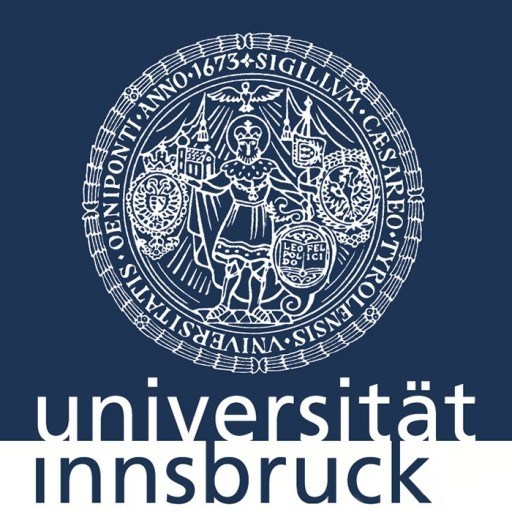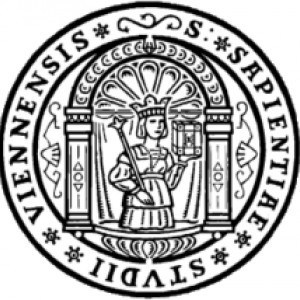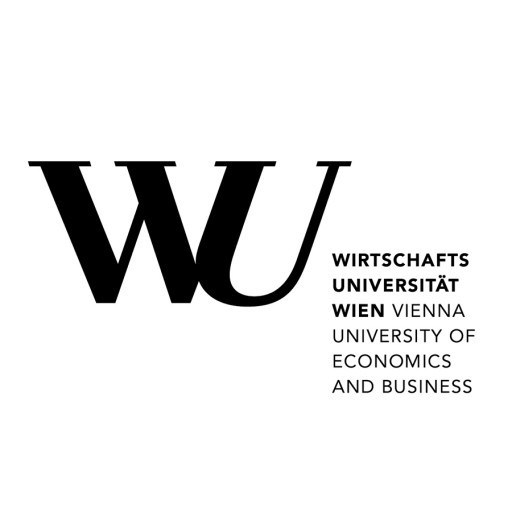Photos of university / #uniinnsbruck
The goal of the Master's Programme Zoology at the University of Innsbruck is to train students in modern methods of zoological research and their application in the research areas offered at the faculty. Key areas include the development and cell physiology of animals as well as their relationship to the environment, and ecotoxicology and population biology. The evolution of animals is treated in interdisciplinary fashion. Wildlife studies are conducted using various on-site model organisms from current research and using field studies. In general terms, the programme stresses the acquisition of an understanding of biological connections, independent and integrative thinking and flexibility. A central part of the programme is instruction in independent scientific work and in publishing scientific data. The master's programme also prepares students for doctoral studies.
- Selected Topics in Zoology
- Elective Module
- Instruction to Scientific Work
- Master’s Thesis
- Master's Thesis Defence
Requirements
- Completed a bachelor's degree in a relevant related field.
- Transcript of records including number of ECTS-Credits completed,
- Curriculum vitae,
- Proof of German language ability (level B2)
as well as (originals or officially certified copies):
- Notice (“Bescheid”) confirming awarding of bachelor’s degree,
- Diploma certificate,
- Examination certificate,
- Diploma Supplement
- Transcript (list of examinations completed).
The financing options for the Zoology degree program at the University of Innsbruck primarily include a variety of funding opportunities available to both domestic and international students. Tuition fees at the University of Innsbruck are generally low for EU/EEA students, with most Bachelor's programs, including Zoology, being financed through public funding. As of the latest available data, students from EU/EEA countries benefit from a nominal undergraduate tuition fee, which is approximately €380 per semester. Non-EU/EEA students may be subject to higher fees, which can be up to €726. However, these fees are subject to change, and students are advised to consult the university's official website for the most current information.
In addition to government-subsidized tuition, students have access to a range of financial aid options. The university offers scholarships and grants based on academic achievement, financial need, or specific criteria such as nationality or field of study. International students are encouraged to explore scholarship programs offered by the Austrian government, the Austrian Exchange Service (OeAD), and other organizations which support international students studying in Austria. The OeAD, in particular, provides merit-based scholarships that can cover tuition fees, living expenses, or both.
Students often also consider part-time employment opportunities available within the university or in the surrounding city of Innsbruck to support their studies financially. The local economy offers various student jobs, especially in sectors related to education, tourism, and research activities. The university’s career services regularly assist students in finding suitable part-time positions, internships, or work-study programs.
Furthermore, students may explore loans or sponsorship programs either from their home countries or through Austrian financial institutions, which sometimes offer special terms for international students. It is advisable for students to review the specific eligibility requirements, application procedures, and deadlines for each funding opportunity.
In conclusion, the financial landscape of studying Zoology at the University of Innsbruck is diversified, with options ranging from low public tuition fees for EU/EEA students to scholarships, grants, part-time employment, and loans. Prospective students are encouraged to plan their finances carefully and consult the university’s official financial aid resources for the most accurate and personalized information.
The Bachelor’s degree programme in Zoology at the University of Innsbruck offers students a comprehensive grounding in the biological sciences with a specialized focus on animal biology and ecology. The curriculum is designed to provide both theoretical knowledge and practical skills necessary for understanding the diversity, physiology, behavior, and evolutionary history of animals. Students will explore various aspects of zoology, including taxonomy, anatomy, physiology, genetics, and conservation biology. The programme aims to develop critical thinking, research, and analytical skills, preparing graduates for careers in research, conservation, environmental management, and related fields. Courses are often complemented by laboratory work, field excursions, and project work to ensure hands-on experience. The programme is structured to progressively build knowledge from foundational biological concepts to more specialized topics in zoology. It encourages interdisciplinary approaches, integrating ecology, animal behavior, evolutionary biology, and conservation sciences. Students might also have the opportunity to participate in internships, workshops, and networking events, fostering collaboration with researchers and professionals in the field. The degree prepares students for further academic pursuits, such as master’s programmes in biology or ecology, or for entry into the workforce in various zoological and environmental institutions. The university provides modern facilities, access to research centers, and support services to enhance student learning and research activities. Overall, the programme aims to cultivate a deep understanding of animals and their environments, equipping students with the knowledge and skills necessary to contribute to biodiversity conservation and scientific advancement.



